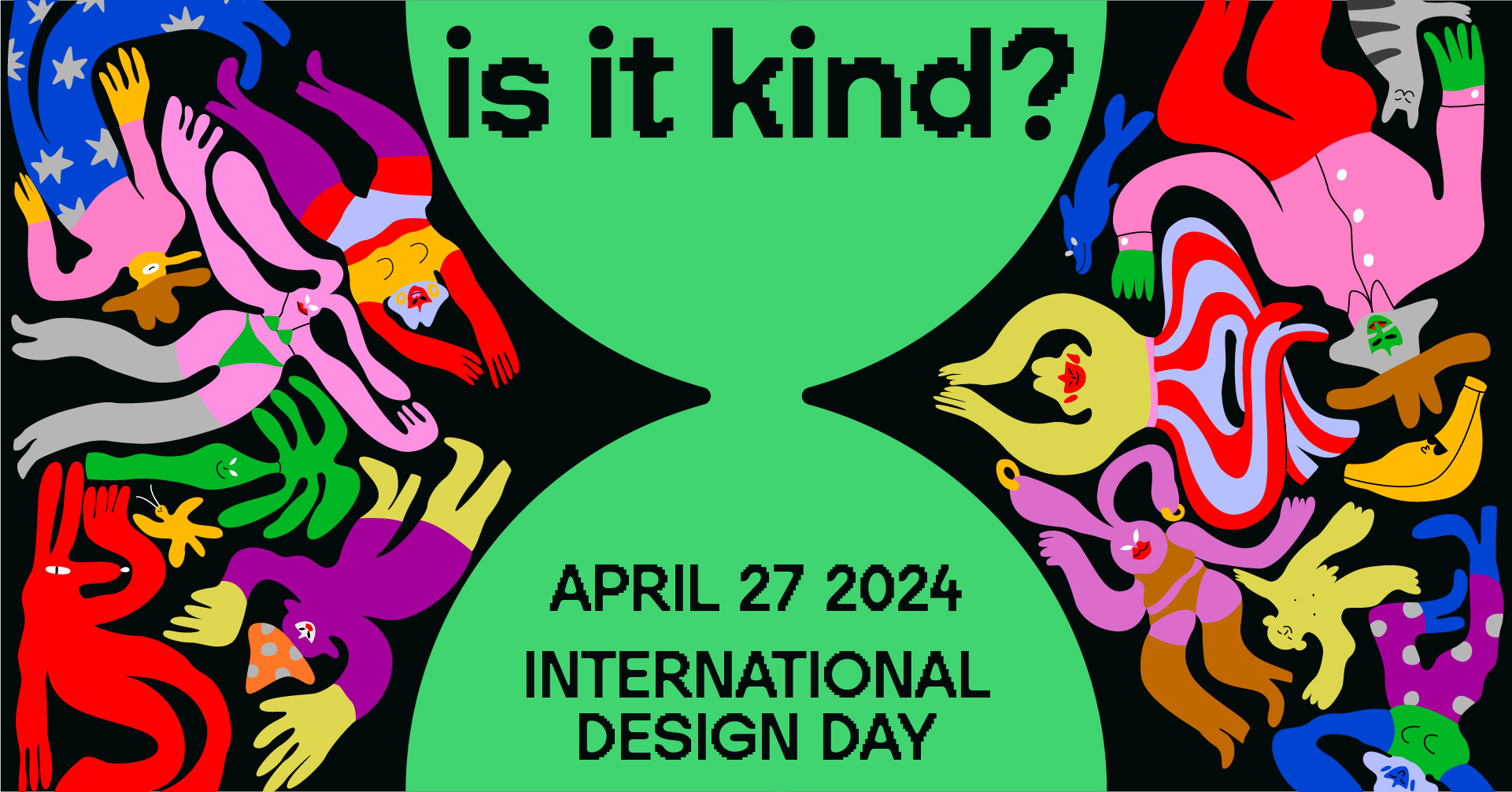start young! IDD 2017 recap
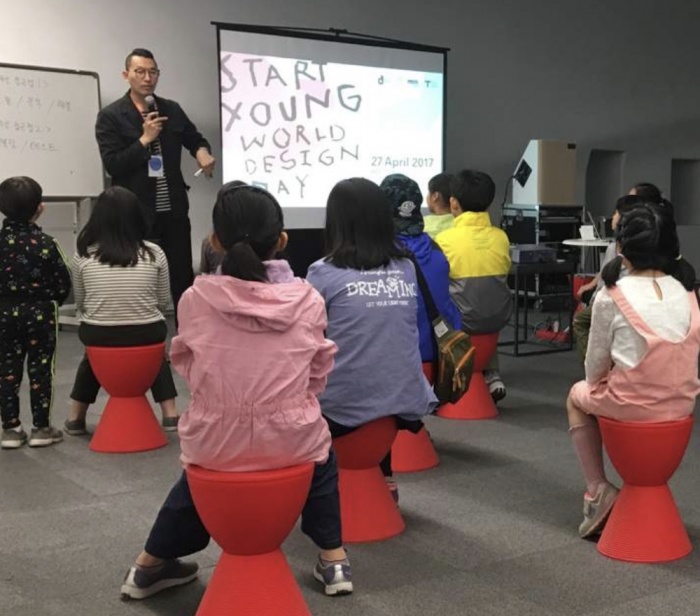
03.05.2017 ICoD news
Knowing that kids are the key to our future, for International Design Day 2017, we focused on giving them a new way of looking at the world around them. The ‘Start Young!’ workshop is a hand-on experience, teaching the basic notions of design methodology in a fun, afternoon activity.
Early design awareness was the goal of the workshop created in partnership between the Council and designer Marc Kandalaft, on the occasion of International Design Day 2017: Start Young!. The workshops took place on 27 April in five countries in five languages; in English — at Open Design Cape Town (South Africa); in Italian — at Triennale Design Museum (Italy); in French — at Académie Sainte-Anne (Canada); in Spanish — at Casa Wabi (Mexico); and in Korean at Seoul Design Foundation (South Korea). Kids learned some design fundamentals and then got hands-on with the designing process (to make a chair they could actually sit on).
The half-day activity was a primer on design with some hand-on exercises to initiate the participants into a basic form of design methodology. Each of the partner organisations conducted the workshop within their communities. Each workshop was a collaborative co-creation, working from the Start Young model to adapt the needs and creativity unique to each region, culture, and group of kids. Participants to the workshop were asked to: Observe > Analyse > Solve > Test and Model. The desired outcome of the workshop was to inspire and empower children to adopt innovative ways of thinking and to enhance their creative confidence. The hands-on workshops pushed the children participating to explore their creative potential freely and trust their capacity to solve problems and test their solutions.
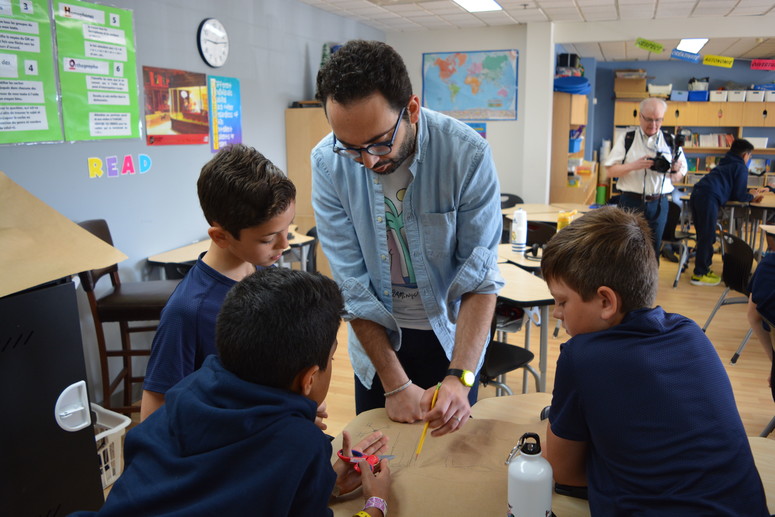
Here designer Marc Kandalft leads the workshop in Montréal, instructing pupils of the the Académie Sainte-Anne (Canada)
MEXICO
Designed by the renowned architect Tadao Ando, Fundación Casa Wabi (Oaxaca, Mexico) is a non-profit, civil organisation that aims to promote collaboration and social commitment through art.
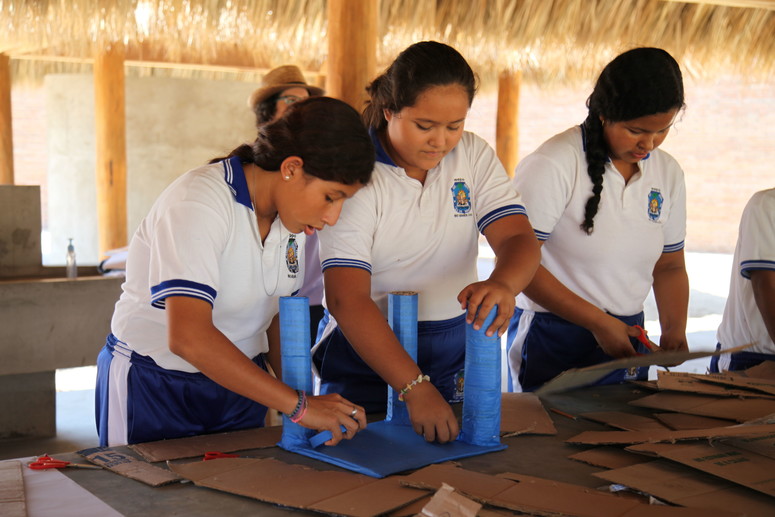
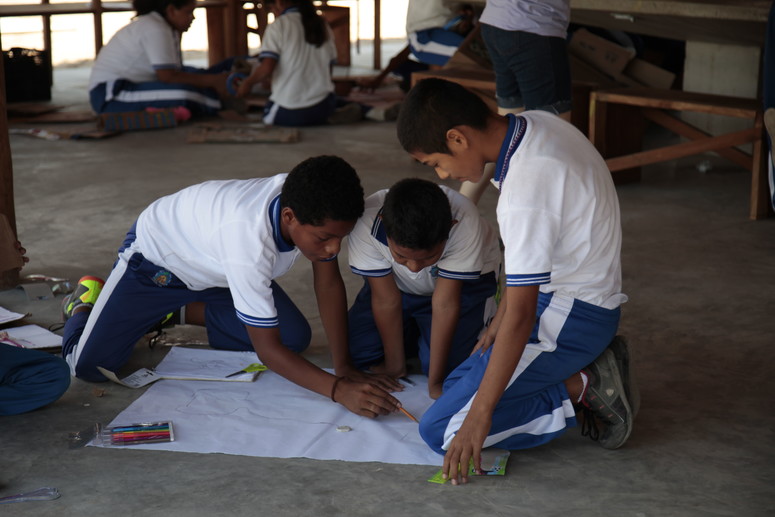
Photos : Fundación Casa Wabi
SOUTH AFRICA
The Open Design Cape Town Festival [EDIT: now called Open Design Afrika] is a 12-day festival of talks, exhibitions, workshops, tours, activations and interactive experiences that explore how design links the building blocks of a sustainable, inclusive and prosperous society: through innovation, community building and education.
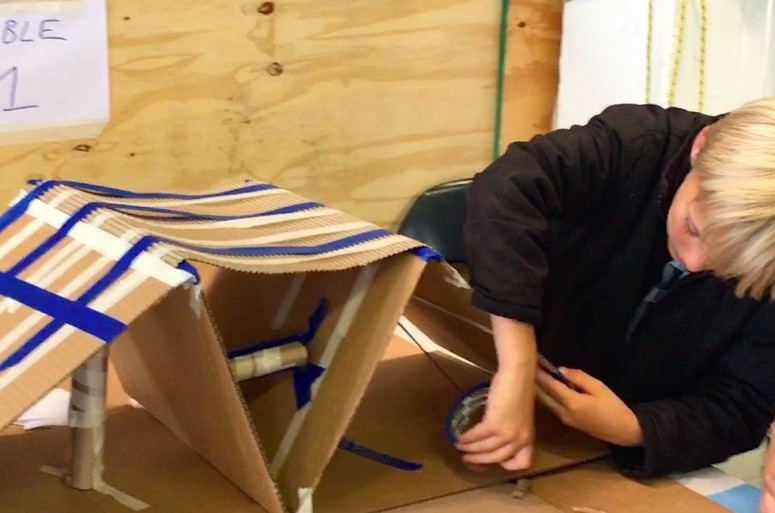
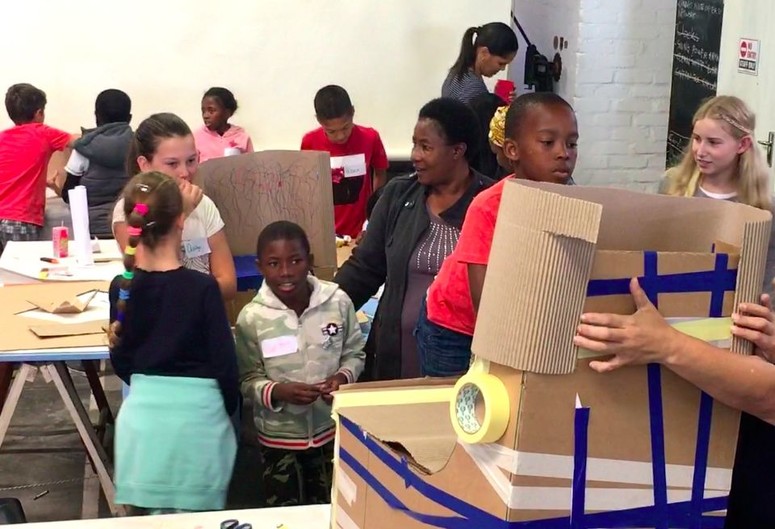
Photos: Open Design Cape Town (South Africa)
CANADA
Académie Sainte-Anne is part of a group of elementary schools located in Montréal (Canada). Active pedagogy is at the center of the institution's educational vision. They offer unique educational environments, where they value the students' curiosity and the pleasure of learning. The schools privilege active learning methods that place the student at the center of the learning process, promoting lasting and meaningful learning, rather than short-term memory.
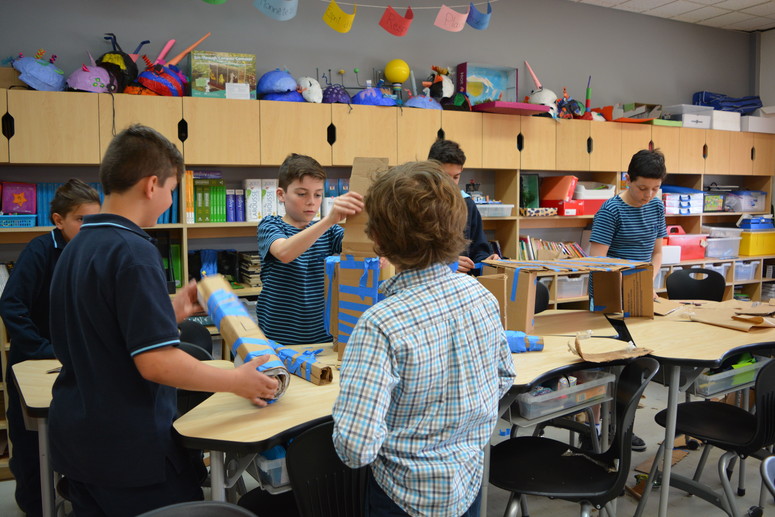
Photo: Académie Sainte-Anne (Canada)
ITALY
Opened in 2007, Triennale Design Museum is the first museum of Italian design representing the multiplicity of expressions of Italian design. The museum is extremely dynamic, able to renew itself and offer to its visitors unusual, different outlooks, points of view and pathways: a museum that is not only scientific and rigorous but also emotional and riveting. Since 2010, through TDMEducation, its educational section, the Triennale Design Museum has been offering workshops and special guided tours that introduce the discipline of design to the younger generations and schools.
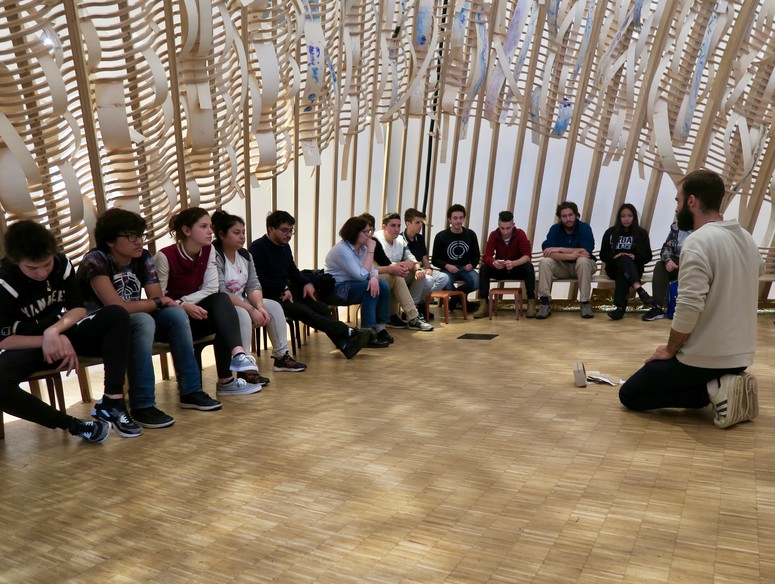
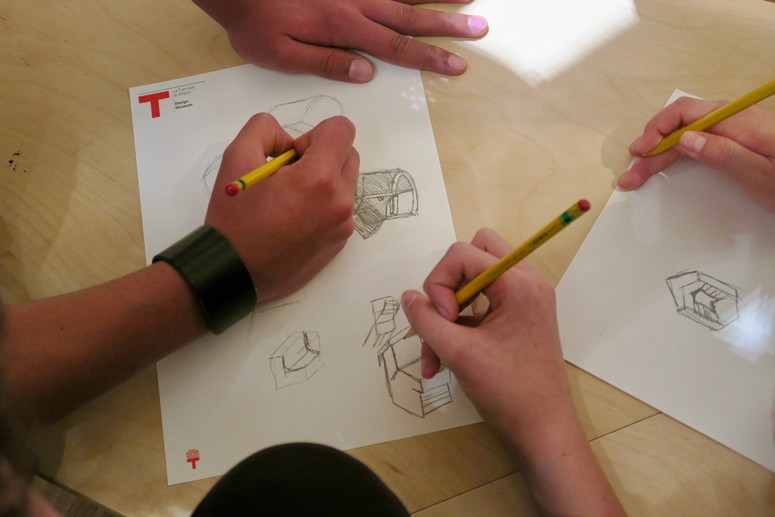
Photos: Triennale Design Museum
SOUTH KOREA
The Seoul Design Foundation was established to promote Seoul’s design industry and spread its design culture through various projects and its usage of Dongdaemun Design Plaza (DDP) to improve the quality of life of Seoul’s citizens as well as to advance Seoul’s design competitiveness to global standards.
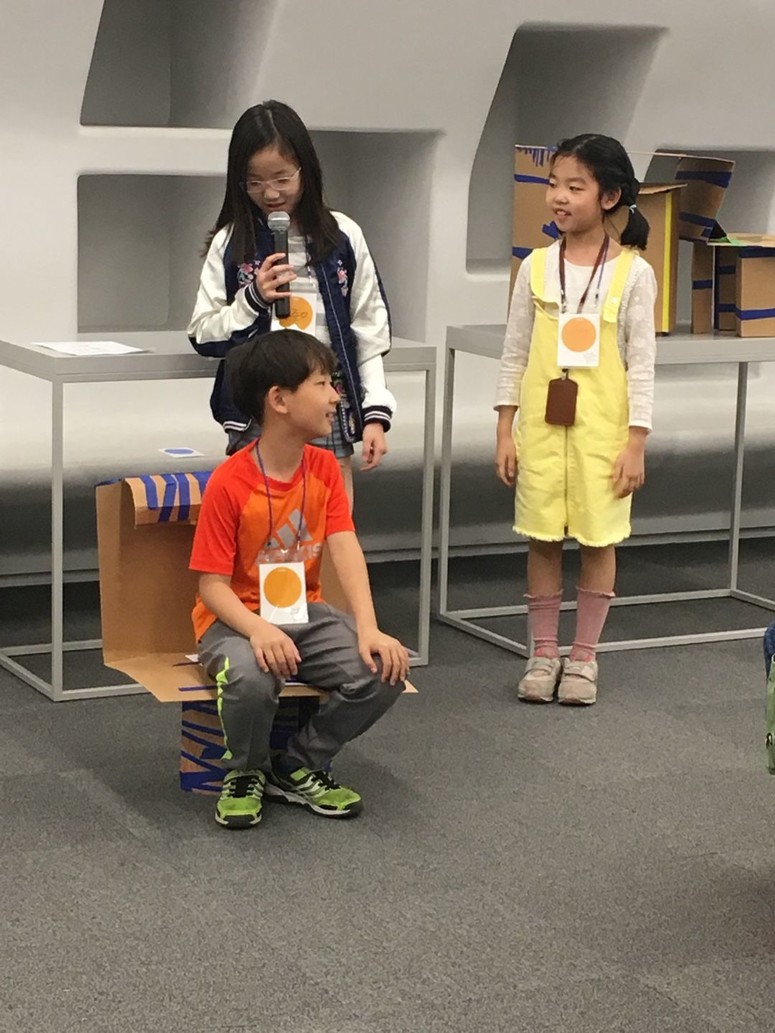
Photo: Seoul Design Foundation)
THE 'START YOUNG' CONCEPT
What if design was taught to children the same way that math is? Everyday, and on equal footing with science, history and languages? Not only does design methodology present a series of valuable tools for problem-solving, but having kids be more aware of their built environment can only help them to be better citizens and better professionals later in life.
Kids are a blank slate. They are at an age when their view of the world, and its possibilities, are limitless. As the first generation of ‘pure’ digital natives, today’s kids already feel personally responsible for their own futures: they want to be able to choose and create options that makes a difference in the world. And they will do it in their own, unique way. But how do we prepare young kids to navigate this turbulent world, so they can become sensitive, intellectual, imaginative and practical leaders for tomorrow?
Having a designing mindset means being tuned into the invisible things that matter to people and their relationships to each other and the world. The International Council of Design, sees the great potential for design to improve the world around us. We know that design changes—for the better—how we live and thrive in everyday environments like schools, parks, workplaces and hospitals. The profession of design and its ethics requires designers to consider context, culture, diversity and specificity before even starting to design, and this has become an essential way of thinking and being in the complex world we live in today. We want children to be aware of design, to become more fluent in its basic notions (aesthetics, problem solving, making).
Design is especially transformative for kids — the next generation and leaders of tomorrow. We believe that if we teach children basic design tools, there is a greater chance that they will go on to be good designers, to be good clients of design services and to be better consumers of design. How to better integrate design into our world? Start young!
[Editor's Note: this article was edited to reflect the change in name, in 2020, from World Design Day, to International Design Day]
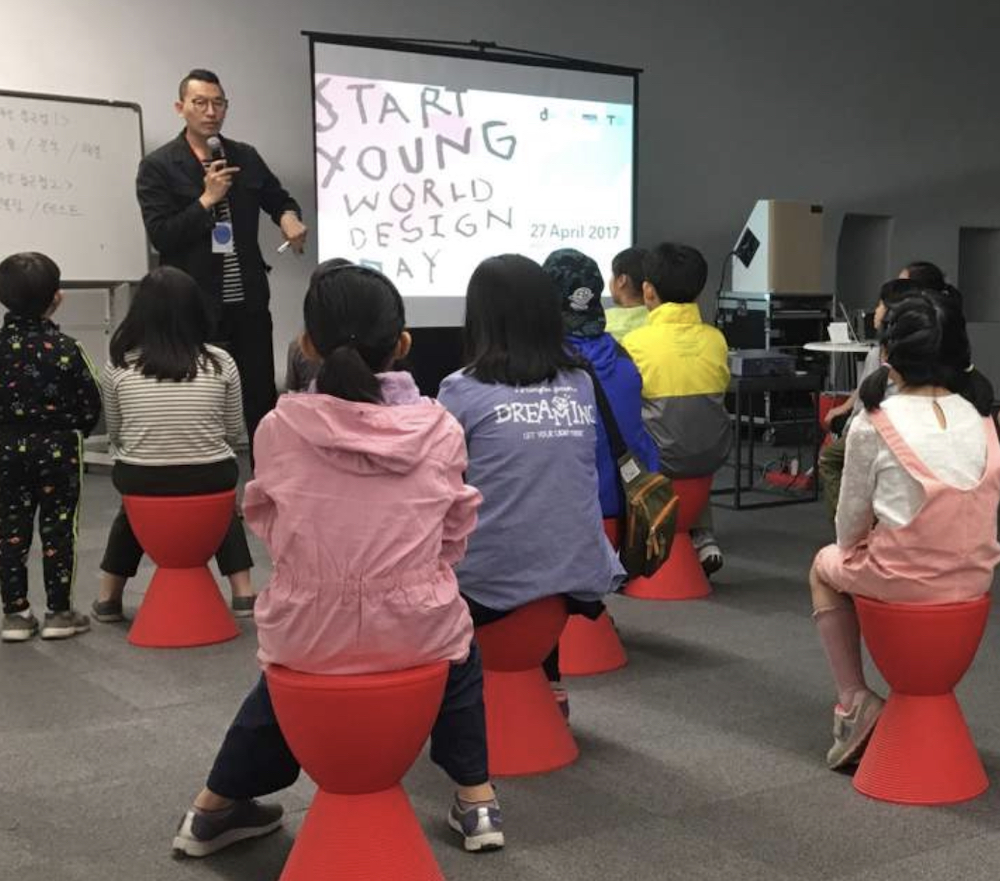
relatedarticles
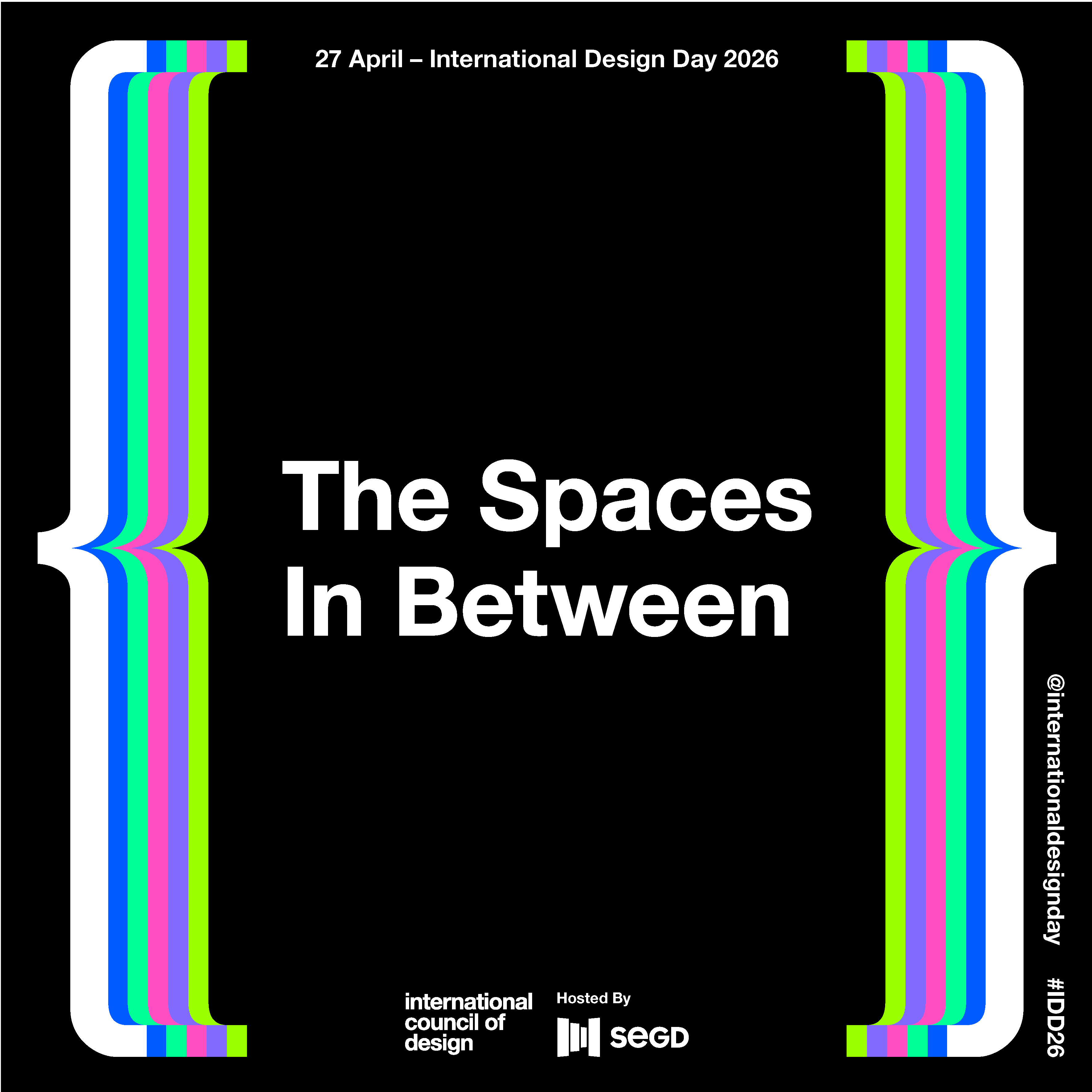
The Spaces In Between: ICoD Announces International Design Day 2026 Theme
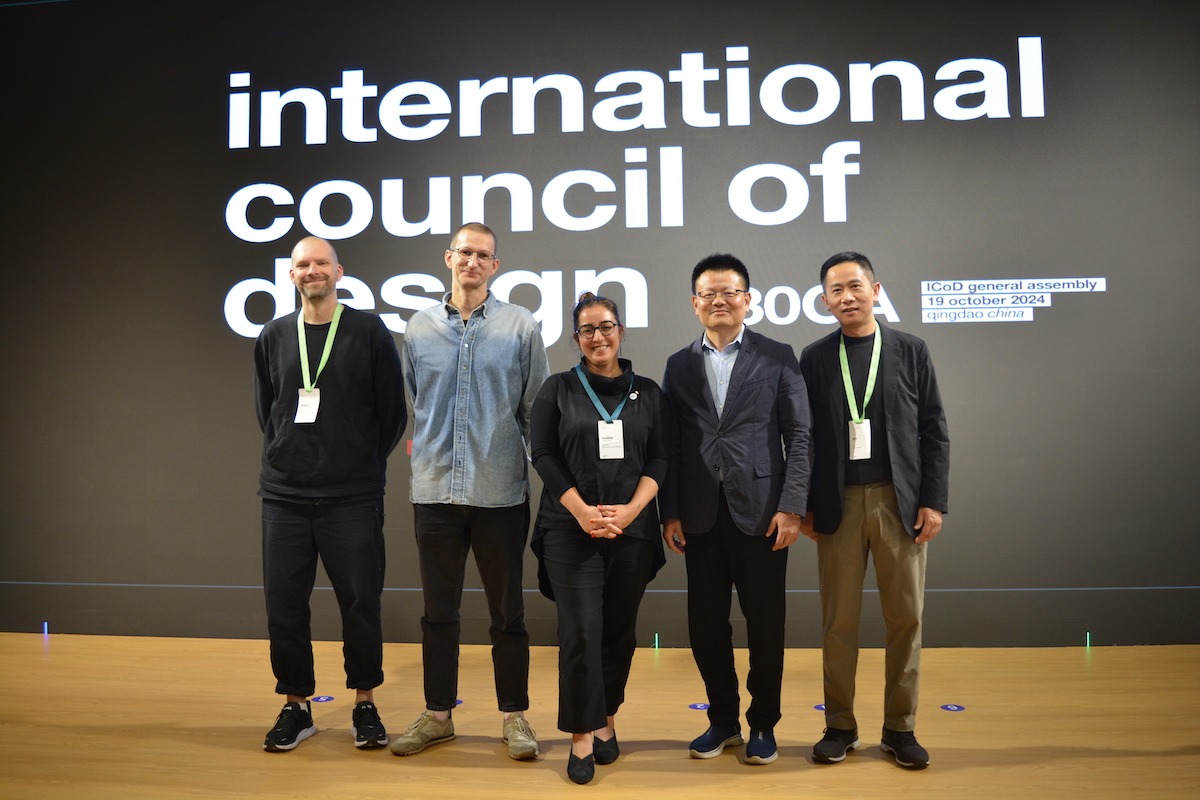
meet the 2024–2026 executive board
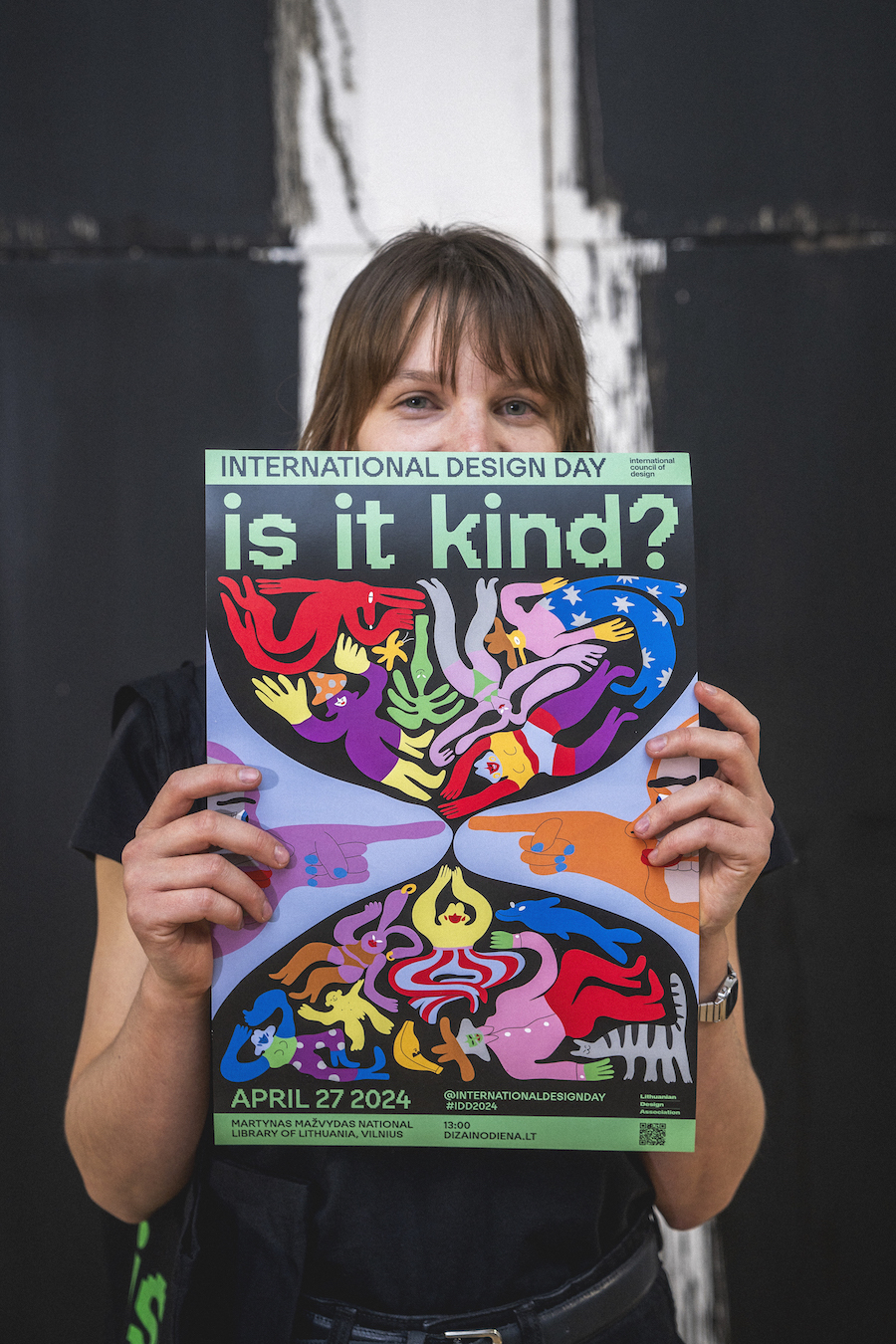
international design day 2024: is it kind? recap
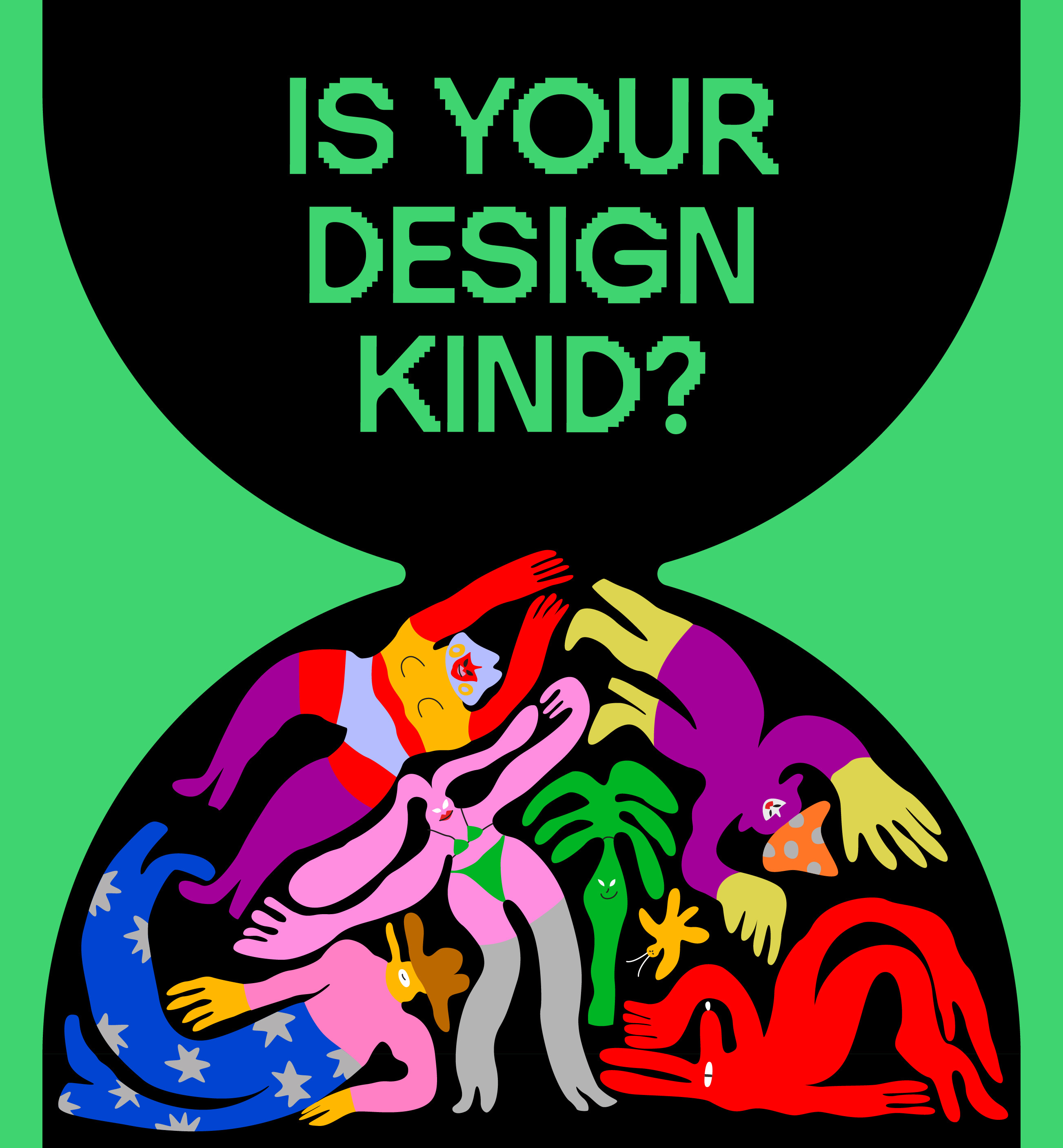
LDA forum + international design day 2024 conference
